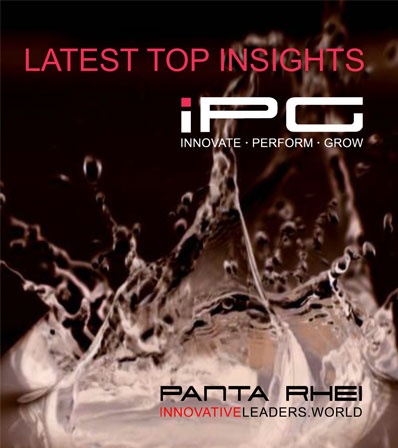The digital procurement age is dawning. However, only very few procurement departments are prepared for this. That was different until now - procurement often took on a pioneering role. Whoever digitalizes last will be eliminated. It is therefore necessary to develop and expand 4.0 core capabilities.
Procurement has established itself as the manager of the upstream value chain. Procurement management has been able to position itself at the top management level. The digital transformation will radically overturn this familiar, pleasant state of affairs.
Under immense cost pressure, however, every CPO has already dealt with the demand "Do more with less". Efficiency programs and the expansion of the buyers' strategic skills have been the answers so far.
But today, new participants with innovative digital business models are constantly pushing into their own market.
The CPO is thus confronted with a large number of unclear requirements. He has to know about innovations as early as possible and find out how to procure them and integrate them into his own business model or value creation logic. All of a sudden, all of this is no longer simply important, but urgently necessary. It is a paradigm shift in procurement.
Wanting alone is not enough
Procurement organizations that continue to limit themselves to traditional procurement tasks are dying out - not tomorrow, but in the very near future. The key question is therefore: "Which core capabilities must be developed and expanded in the course of digital transformation?
Procurement's willingness and claim to be involved at an early stage is no longer sufficient. The network concept abolishes all hierarchies and links the most diverse areas and companies to a new quality of cooperation in the sense of a value-added network. This results in new strategic task fields. The procurement function continues to break away from purely commercial structures and takes on design functions, above all the search for innovative suppliers and their integration into the dovetailing with product development. The procurement and development functions are increasingly growing together.
The stronger integration with the production and development areas reflects the increased strategic importance of procurement. An isolated view of processes is no longer sufficient. The digital process world in Procurement 4.0 must be characterized above all by agility, scalability, mobility, combinability, reusability and a high degree of automation.
Critical challenges
Procurement-relevant business processes must be digitalized and react flexibly to the constantly changing market requirements, embedded in an integrated value creation. However, cyber-physical systems with highly flexible production facilities that allow dynamic capacity balancing across company boundaries bring new challenges. The purchaser will need an understanding of digitalized industrial processes and the ability to optimize flexible production networks together with all process participants. In short, he or she must build up 4.0 capabilities. They must be able to integrate themselves into digitized, changing upstream and downstream processes and to anticipate and mitigate potential supply bottlenecks and impending supply risks. They must be able to manage information, because information is the fuel of digital transformation, and managing this resource is therefore a key skill.
Knowledge of and active participation in the development of the digital corporate strategy are essential. The same applies to systematic networking with R&D. A comprehensive knowledge of existing and potential suppliers, especially regarding their business performance, innovation potential, willingness to cooperate and strategies, is critical for success.
Thinking in business models
As part of the digital transformation, procurement must develop the ability to identify business-critical innovations and ensure access to them. In the digital world, critical innovations arise in the proverbial garage. Development cycles often last only weeks or a few months.
What is new is digital networking across departments and companies to create new, customer-specific solutions. Thanks to its process competence and extensive market knowledge, Procurement 4.0 is becoming the pacemaker and is taking over the networked control of supply chains. Digital change requires flexibility and rapid adaptation to current requirements of customers, partners and suppliers. Procurement must be able to think in business models. The focus is no longer on the individual procurement object, but on the contribution of a procurement object (often a hybrid bundle of physical product, service and technology) to the business model of the own company.
The currency is called confidence
In the age of Industry 4.0, information security and the management of one's own trustworthiness form the foundation on which to build. Both are of strategic relevance, because trust is the currency on the net. Flexible and agile value-added networks require that all network partners trust each other. Business models of the digital economy often require a free flow of information. Here, dependencies and risks must be identified and actively managed.
Please explore our Digital Transformation and Procurement Excellence solution portfolio for more information.
This article was originally published by: procure.ch – Beschaffungsmanagement
Author:
Carsten Vollrath
CEO @ Swiss IPG Partners Group

















